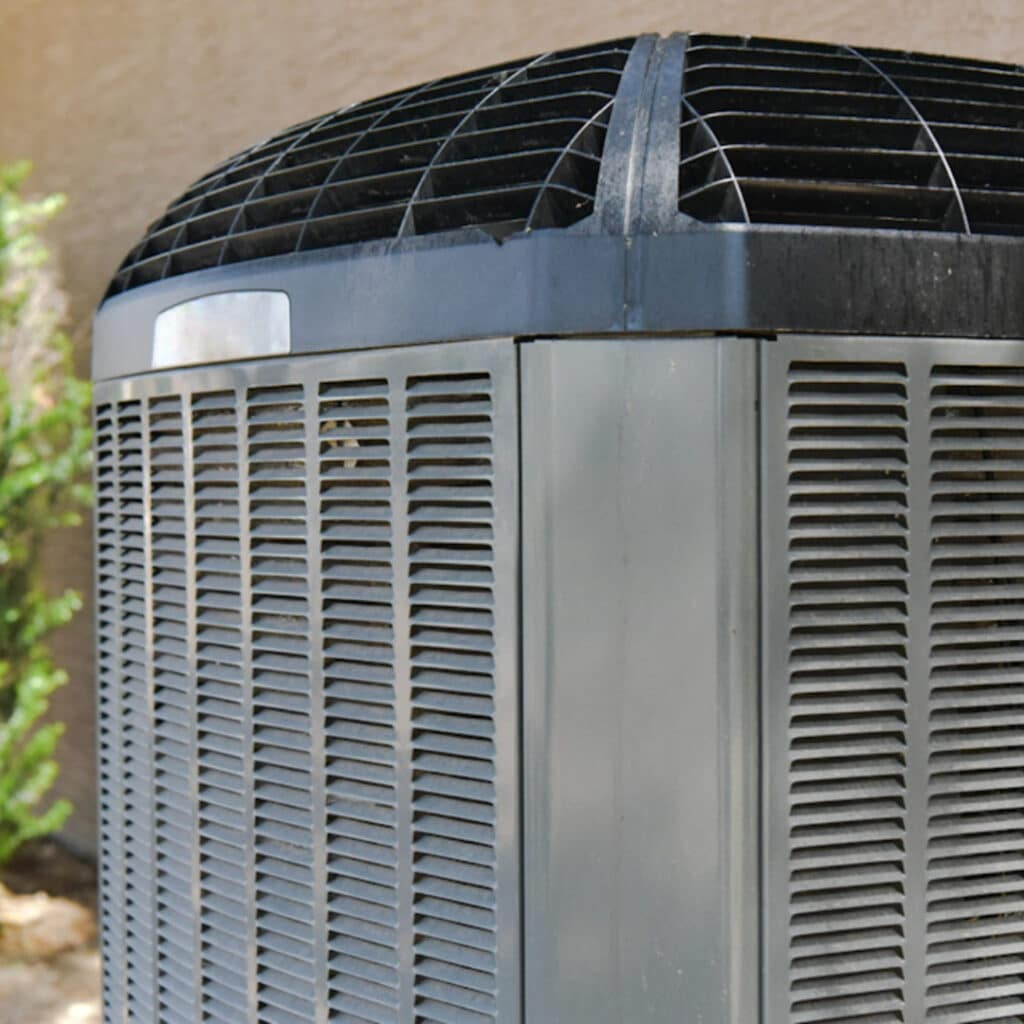
Choosing the perfect air conditioner isn’t just about cooling your home—it’s about selecting the most efficient air conditioning system for your lifestyle, comfort preferences, and budget. With rising energy bills and increased awareness around energy efficiency standards, making the right choice can lead to significant long-term energy savings.
At Fireside HVAC, we help homeowners make smart, personalized decisions with the right mix of cooling capacities, advanced features, and expert advice. This guide breaks down how to choose the right AC efficiency rating and system to suit your home.
What Does AC Efficiency Really Mean?
The Seasonal Energy Efficiency Ratio (SEER) is the most common way to rate AC performance. It measures the cooling output over a season divided by the total electric energy input. The higher the SEER, the more efficient cooling you get for less power.
SEER Rating Guide
13–16 SEER: Meets minimum energy standards. Ideal for mild climates or budget-conscious buyers.
16–18 SEER: Great balance of performance and cost. Ideal for most U.S. homes.
20+ SEER: High-efficiency systems designed for maximum annual energy consumption savings—up to 10–50% less energy use.
Use an energy calculator or consult with a professional to understand how different SEER levels affect your annual energy consumption and wallet.
Factors That Determine Your Ideal AC Efficiency
1. Home Size and Cooling Needs
Proper Air conditioner sizing is critical. An oversized unit wastes energy and can cause comfort issues due to poor humidity control. An undersized unit will struggle to maintain optimal comfort. A split system air conditioner or central air conditioner that’s been correctly sized by a technician will ensure efficient cooling and performance.
2. Climate and Energy Usage
In hotter or more humid regions, high-efficiency systems with Variable speed systems offer more consistent temperature control and energy savings. If you live in a temperate climate, mid-range units may be sufficient.
3. Budget and Initial Cost
The initial cost of a higher-SEER unit may be higher, but long-term energy savings, lower energy usage, and eligibility for heat pump tax credit or heat pump rebates often outweigh that investment.
Types of Air Conditioners and Their Efficiency Potential
There are several types of air conditioners, each with different efficiency potential:
Central Air Conditioning Systems: These consist of an indoor unit (typically an air handler) and an outdoor unit connected by refrigerant lines. These systems are ideal for whole-home cooling, especially when integrated with ducted heat pumps.
Split System Air Conditioners: The most common type, great for energy savings with Proper installation. Include ducted air conditioners and mini-split options.
Ductless Mini-Splits: Best for additions or homes without ducts. Allow individual units in separate rooms, reducing energy losses.
Window Units and Portable Air Conditioners: Offer convenience for small spaces. Though less efficient, newer Smart air conditioners offer better control via smart home devices and programmable thermostats.
Hybrid Air Conditionersand air source heat pumps: Great for eco-conscious homeowners, these systems switch between gas and electric for optimal efficiency.
Each type of air conditioner has different maintenance requirements and energy-saving features, which is why consulting an air conditioner buying guide or HVAC professional is highly recommended.
Key Features That Influence Efficiency
Variable Speed Systems: Adjust output to match cooling needs and reduce energy waste.
Programmable Thermostat: Helps manage temperature settings and optimize energy usage.
Energy Guide Labels: Always compare Air conditioner ratings before purchase.
Static Pressure Management: Ensures air moves efficiently through ductwork.
ENERGY STAR Certification: Look for certified systems that meet strict energy efficiency standards set by the government.
Maintenance Tips for Continued Performance
No matter how efficient your system is, regular maintenance is essential to keep it running at peak performance:
Replace filters monthly or as needed.
Schedule professional inspections to monitor for energy loss or air conditioning repair needs.
Clean coils and ensure airflow is unrestricted to prevent strain on the air conditioning systems.
These maintenance tips help extend the lifespan of your unit, reduce air conditioning repair costs, and maintain peace of mind.
Get the Right Efficiency with Fireside HVAC
Choosing the best-sized air conditioner with the right efficiency rating can feel overwhelming. Whether you’re exploring individual units, central air, or mini-splits, Fireside HVAC is here to help.
Our licensed professionals will assess your home, energy needs, and layout to match you with the most energy-efficient air conditioning system, installed with precision and backed by trusted service.
Contact Fireside HVAC today to schedule your consultation and find the AC system that delivers the perfect blend of comfort, savings, and performance.

